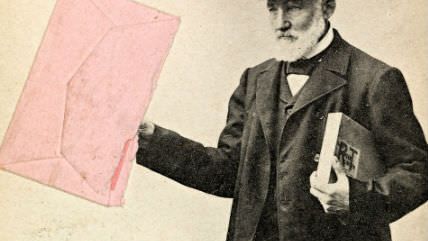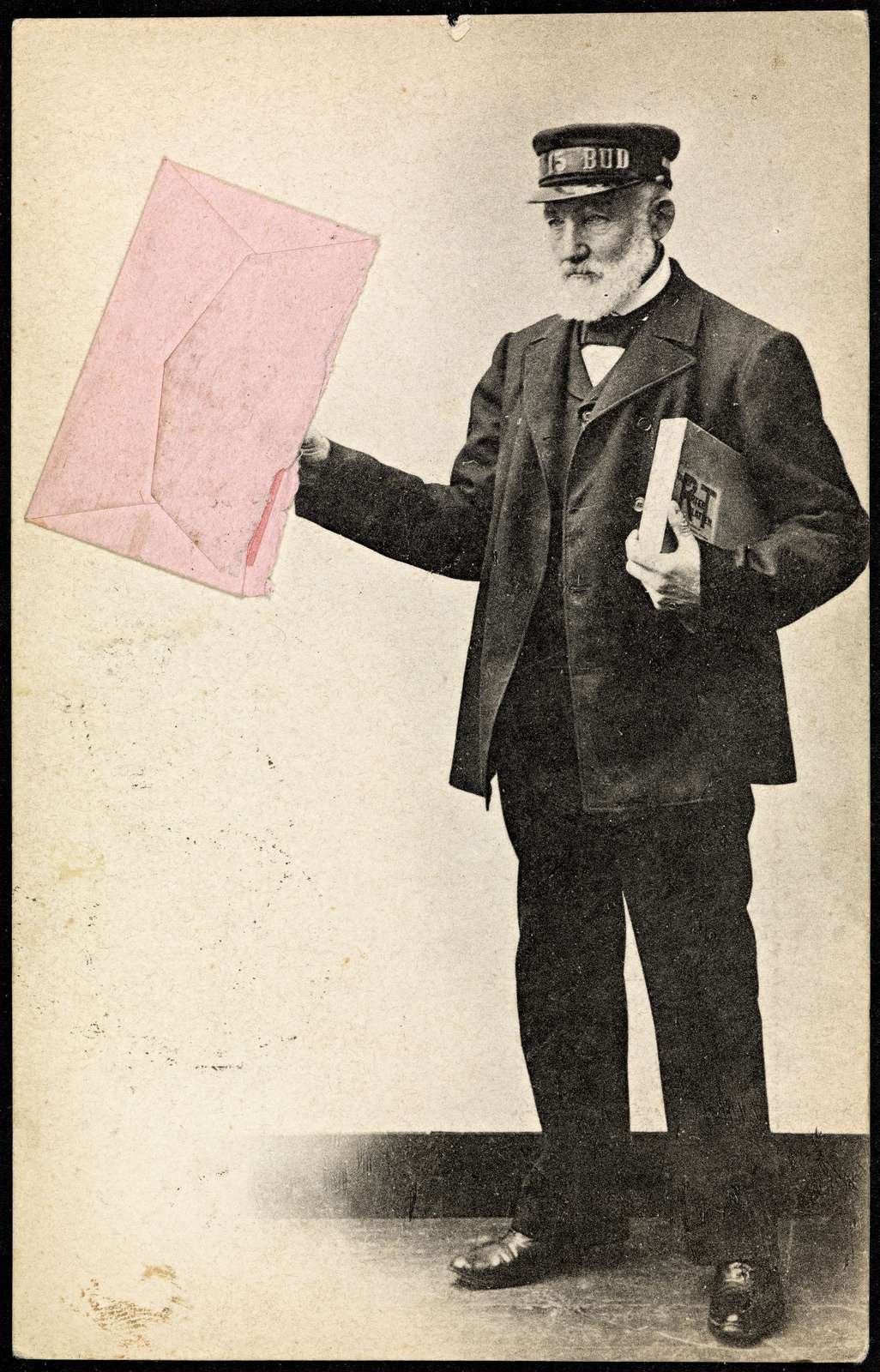USPS Wants to Attach Electronic Sensors to Your Mail, Not Sure Why Yet
Step 1) Attach sensors Step 2) ????? Step 3) Profit


The United States Postal Service (USPS) wants to slap an electronic sensor on your letters to grandma so they can become part of the buzz-wordy "Internet of Things," and the postal service is offering $100,000 to the person who can figure out how and why they should do that.
From the proposal, which came out Tuesday:
- Research the current and near-future developments of the Internet of Things, provide a workable definition, major facts, trends and implications for the Postal Service;
- Provide a vision for the Internet of Things applied to the Postal Service (the Internet of Postal Things — IoPT): a conceptual design of how new sensor and other data collection technologies could increase the ability of Postal Service infrastructure to create value to its business, customers and stakeholders through data;
- Identify the components of the postal physical infrastructure that could lend themselves to the collection of new types of data. …
- Identify possible areas of application for the data collected.
Computerworld (which, notably, just announced the end its 47-year print run) explains that "the postal service hopes that an integration of [information technology] and new sensor-based technologies can bring 'dramatic improvements' to postal operations in terms of new product offerings, better operational diagnostics, and insights into consumer behavior," but right now the federal agency is essentially just "fishing for ideas."
The agency already collects data on every letter and box you ship, so it's unlikely that this could make the USPS more intrusive in any meaningful way.
Technological innovation shakes things up and brings down costs, which is great, but it can't get people excited about using something that's still slower and more expensive than email. It's a case of too little, too late for the Post Office. Headlines have for years been noting the federal agency's prolonged death rattle, and a digital tracker cannot turn around such titanic governmental inefficiency.
"With a net loss of $1.9 billion" in the second quarter of fiscal year 2014, the Post Office acknowledged in May, "this marks the 20th of the last 22 quarters it has sustained a loss." That's just the tip of the iceberg, though. Back in 2012, the USPS recorded net losses of $16 billion. The fact that it has also defaulted on billions of dollars of pre-funding for retiree payments in the last few years doesn't bode well either.
The most optimistic spin the agency's chief financial officer, Joseph Corbett, can put on the situation is that "the financial hole we're in is so deep, we can't fill in this hole every year even when we return to profitability." He said that in an interview the same day the electronic sensor proposal came out.
